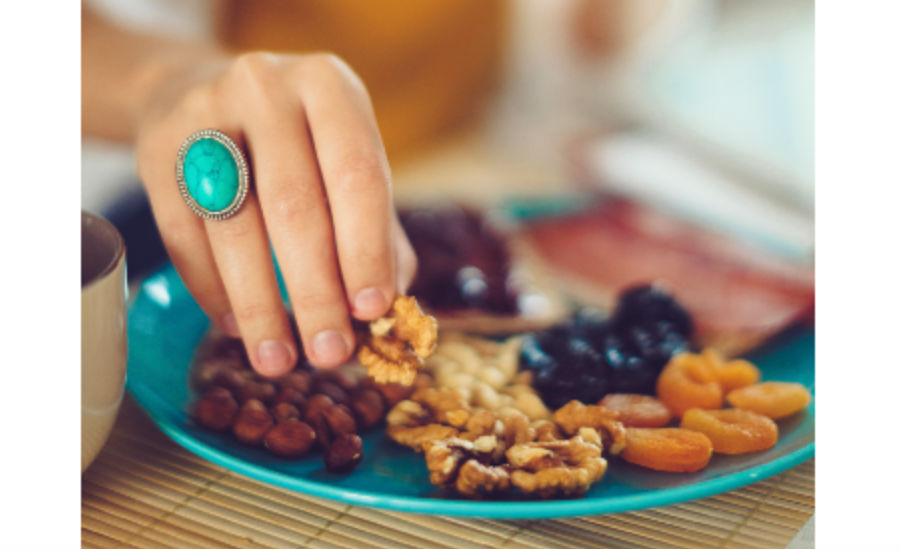Just over a third of consumers have heard of the term “clean label,” but that doesn’t mean they aren’t looking for natural products, new research from FMCG Gurus reveals.
The research firm found 36 percent of consumers know the term, used in the food industry to classify products that are natural and free of artificial and synthetic ingredients. Due to growing concerns over health and wellness, consumers are actively looking for more natural products and ingredients. So, what does naturalness mean to consumers, and what are they looking for?
Nearly three-quarters (73 percent) of global consumers believe it is important their groceries are 100 percent natural. This being said, only 64 percent believe groceries can actually be 100 percent natural.
The shift in consumers actively looking for more natural products is down to consumer perceptions of health. FMCG Gurus research shows that consumers are looking to adopt a “healthier for longer” approach by buying “better-for-me” products. Just over 60 percent of global consumers said 100 percent natural products are important because they are healthier and 51 percent say they are better for them.
The term naturalness can carry a variety of meanings. FMCG Gurus consumer insights show 46 percent of global consumers believe natural means that the product is sugar free. Sugar is still seen as the No. 1 dietary concern as consumers across the globe say they are looking to reduce sugar consumption. Consumers also want fewer synthetic ingredients, as 45 percent also believe this means a product is natural.
Claims around naturalness have a key impact on the consumer decision making process. More than half (53 percent) find products that claim to be sugar-free as more influential and 46 percent of consumers say they would be willing to pay extra for sugar-free products.
Although consumers say naturalness is important, their attitudes do not match their behavior. This is highlighted as the majority of global consumers still prioritize taste and price over naturally formulated products.
When it comes to natural claims for chocolate and confectionery products, 47 percent of consumers say this is important or very important. This is due to consumers seeking healthier alternatives. Snacking also is changing, meaning products need to be “conveniently nutritious.” Brands could look to offer sugar-free products that feature natural claims that add value and appeal to modern-day consumers.


